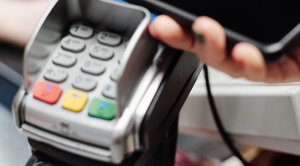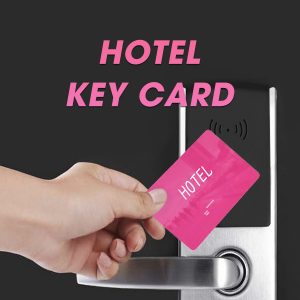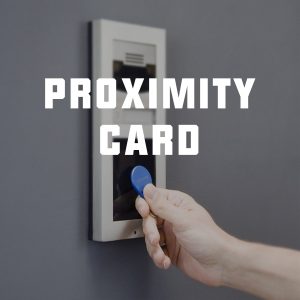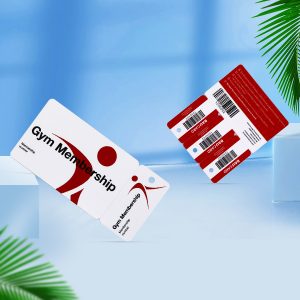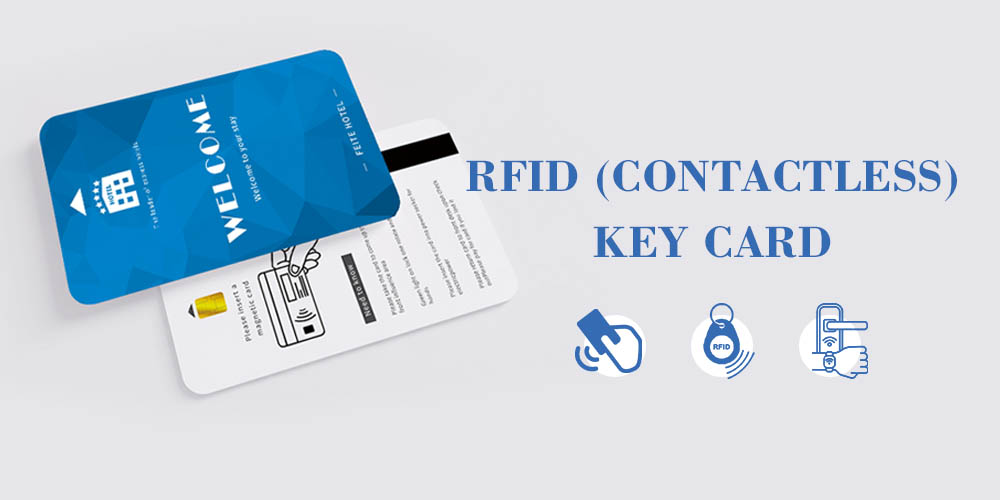
If you love spending your time in hotels, you’ve likely used RFID key cards to access your guest room.
Many hotels are using this technology since it makes inventory management a breeze. The guests also enjoy the unmatched convenience associated with the key cards.
If you’re wondering how to select the right RFID (contactless) key cards, then this article is for you. It gives in-depth insights into RFID key cards, their working rationale, and benefits. Read on.
What is an RFID Key Card?
AnRFID key card is a lock system that uses radio waves to exchange data between an RFID tag (embedded on the card) and an RFID reader.
For the key card technology to work, you’ll be required to have a small card with an embedded tag. This tag contains all your necessary identification data.
Additionally, the lock is fitted with an RFID reader that releases radio waves. Once the tag detects the waves, it will transfer the data to the reader for analysis.
If the cardholder is authorized to gain access, then the locks will disengage, thus giving way.
Advantages of RFID Key card
RFID key cards have become popular due to their immense benefits compared to the conventional lock and key system. Here are a few of these advantages:
- Guaranteed Safety
Key cards are difficult to hack or copy. The technology uses radio waves that can be encrypted for advanced security. As such, no other device can capture and interrupt the data contained in your key card.
The only scenario that can breach this security is the loss or misplacement of the card. In such a case, a malicious individual can use it to access your room. However, you can easily disable the card after the loss.
- Easy to Customize and Program
RFID key cards are tailor-made to only open specific doors. This feature makes it the favorite lock technology in the hospitality sector.
Hotel managers can customize the card to ensure that it opens your specific room for a specified duration. As such, they can set the card to stop working immediately after checkout.
- The Benefit of Anonymity
RFID key cards have no sign showing the exact door they can open. As such, only the user has the details about the card’s applicability. This feature adds to the card’s security profile.
- Easy to Deactivate the Card
In case you lose your card, you can deactivate the signal, thus rendering the card useless. This feature minimizes the chances of theft after losing the card.
- It is Cost-Effective
Unlike the conventional lock-and-key system, managing an RFID key card is easy. In case of loss, you will not be required to change the door locks. Instead, deactivating the card will guarantee security.
- Employees Segregation
If you manage a high-risk organization, there is an absolute need for you to form teams to handle specific data. For example, you can set a crew to handle all personally identifiable information of your clients.
In such a case, you need to find a way of ensuring that only authorized employees access the data. To achieve this, we recommend that you should use RFID key cards.
Disadvantages of RFID Key Cards
While RFID key cards offer optimal security benefits, there have several limitations. Some of the disadvantages include:
- Malfunction in Case of Power Loss. The RFID door locks use electrically-powered systems. As such, any power outage may result in a malfunction.
- Not 100% Foolproof. Well, it’s hard to get anything that’s foolproof. While this is rare, some tech-savvy individuals may bypass the security systems.
How to Choose a Key Card That Suits You
When choosing the right key card for your needs, you should consider the following factors:
- System Frequency Band
The frequency band of your key card will affect its read range. As such, you should choose one that will offer the ideal read range to help you accomplish your needs. Here is a summary:
- Low-Frequency Key Cards. These are cards that utilize 125 kHz to 134 kHz frequencies. They have a short read range and only take radio waves from a reader that’s a few centimeters away (up to 10 cm).
- High-Frequency Key Cards. These are cards that utilize frequencies of 3 MHz to 30 MHz. They can detect signals from an RFID reader that’s 10 cm to 1 meter away.
- Ultra-High Frequency Range. These key cards operate within a frequency range of 860 MHz to 960 MHz. They have a read range of approximately 30 feet.
The frequency range that you choose should be dependent on your needs. Here’s a general guide:
- LF cards are typically used to access rooms, cabinets
- HF cards are used to access suites, buildings, and rooms
- UHF cards are used mostly in parking lots and roadways
- Application
When selecting your key cards, you should consider how you’ll be using them. For example, LF cards would be ideal if the application involves metallic and aqueous environments. On the downside, these LF cards have slower read rates.
Both HF and UHF cards offer excellent data transfer rates and security standards. However, using them on metal and liquid surfaces will compromise their efficacy.
- Key Card Type
When selecting your RFID key card, you should define the type of card you want. Do you want one that you can customize?
Well, to help you choose the right key card to fulfill your needs, we’ve classified the cards into two broad categories as below:
- Off-the-Shelf. These are ready-made cards that have been pre-assembled for a specific use. Such cards offer minimal customization chances. Additionally, you will be required to renew the software licenses regularly.
- Custom. These cards give you a chance to use tailor-made software that suits your needs. They are more cost-effective since they don’t have recurring costs. Additionally, these cards give you the liberty to customize your cards to remove functionality and add access permissions.
Flexible key cards are always the preferred option by many hotels and homeowners. They allow you to customize your data and remove permission. Also, they require low maintenance, thus making them highly cost-effective.

